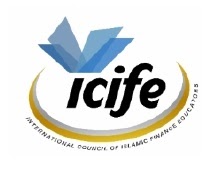[vc_row][vc_column][vc_single_image image=”3450″ img_size=”full” alignment=”center”][/vc_column][/vc_row][vc_row][vc_column][vc_column_text]One of the sectors significantly affected by the Covid-19 crisis is higher education, revealing many challenges and gaps in delivery. Technology has stepped in to fill in these gaps and universities are compelled to adapt with the available technologies.
This can be problematic without proper preparation and structure. The effectiveness of transferring from face-to-face to remote learning is very much reliant on mindset readiness, technological proficiency and a strong student support mechanism. For successful implementation, one should consider a proper communication protocol between educators and students, clear guidance and instructions with established procedures, and a dynamic lesson design.
The role of educators must change too. There is a strong call for educators to embrace the knowledge of trending technology and to keep updated with latest innovations. The roles and functions of an educator are to innovate with the ICT learning environment and system.[/vc_column_text][/vc_column][/vc_row][vc_row][vc_column width=”1/2″][vc_btn title=”Read More (Link 1)” style=”3d” color=”info” align=”center” link=”url:https%3A%2F%2Fwww.nst.com.my%2Fopinion%2Fletters%2F2020%2F04%2F587169%2Fbigger-role-ai-amidst-covid-19-crisis||target:%20_blank|”][/vc_column][vc_column width=”1/2″][vc_btn title=”Read More (Link 2)” style=”3d” color=”info” align=”center” link=”url:https%3A%2F%2Fklse.i3investor.com%2Fblogs%2Fsavemalaysia%2F2020-04-24-story-h1506131701-Bigger_role_for_AI_amidst_Covid_19_crisis_By_Razi_Pahlavi_Abdul_Aziz.jsp||target:%20_blank|”][/vc_column][/vc_row]
